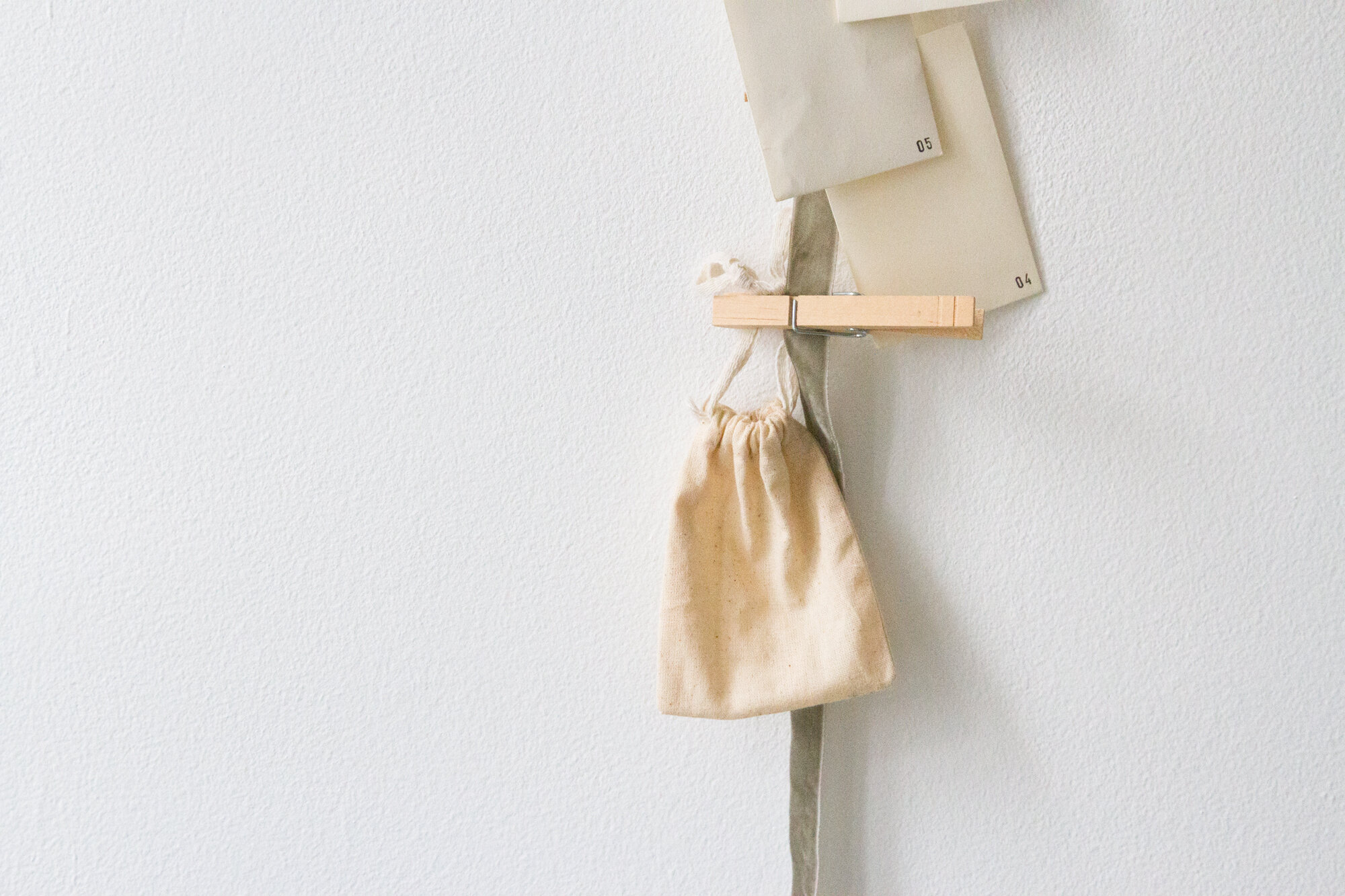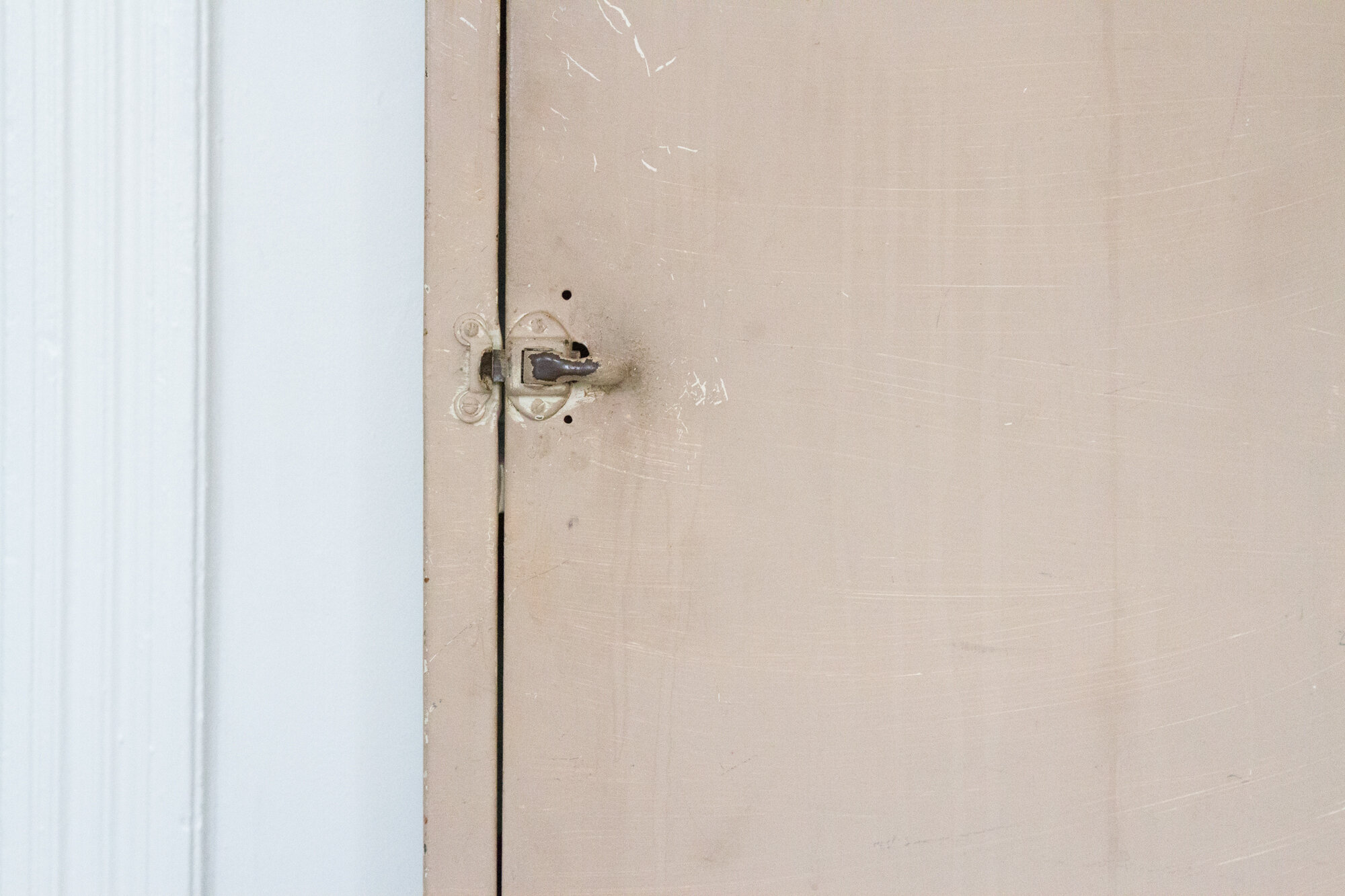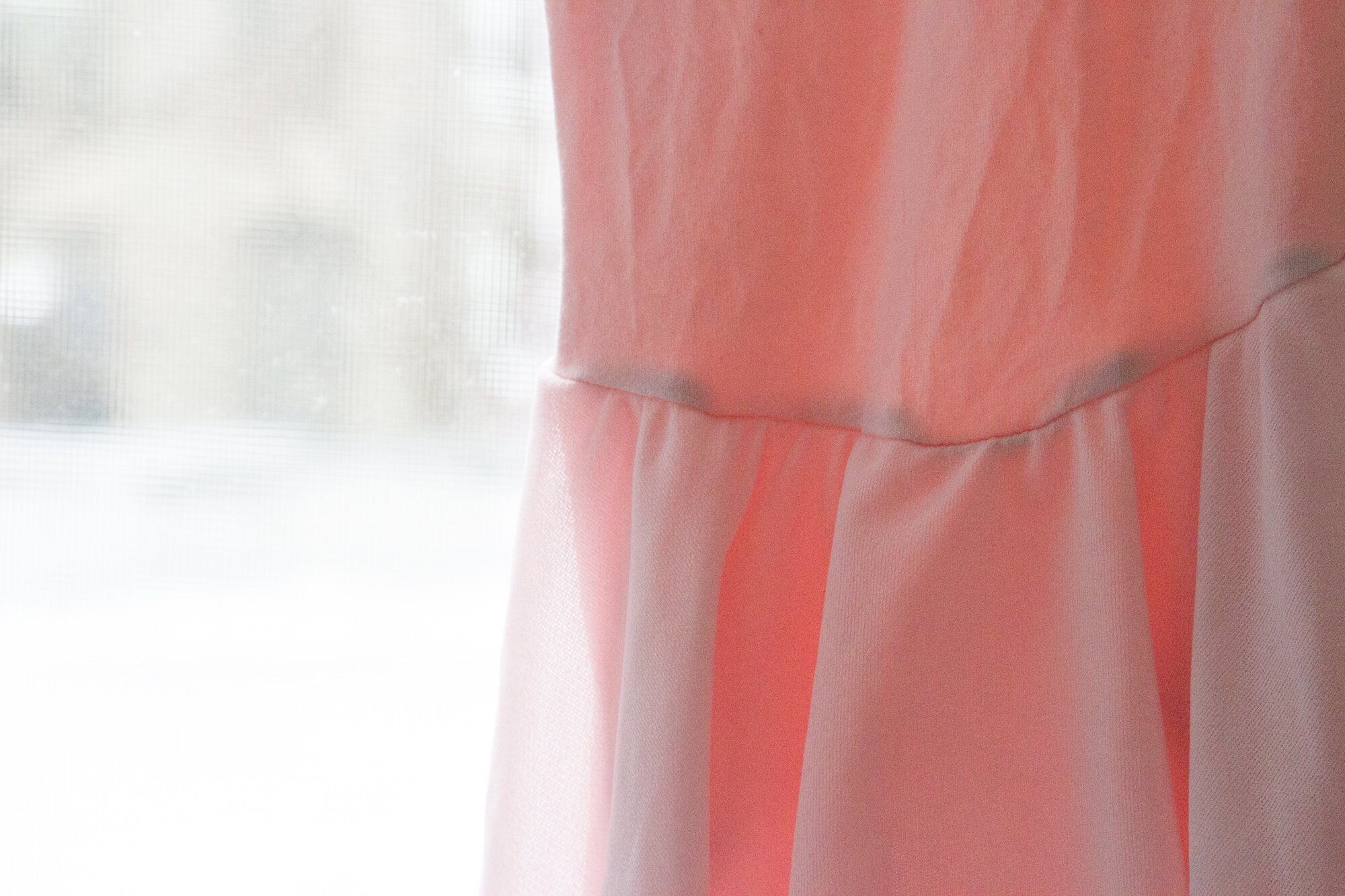1. this little hanging bag.

{for offering an easy option for tucking sweet treats.}
2. these colored lights.

{because they weren’t my choice, but they were my pleasure.}
3. this old cabinet.

{because it’s truly gross but won’t always be and finally our shoes have a tidy home by the door.}
4. these berries.

{among other wintry things for being perfect.}
5. this drying leotard.

{but mostly the small ballerina.}
other things:
in refusing to hold our systems accountable, we pit human lives against a pork tenderloin.
not just during the pandemic, but forever.
//
Thanks so much for being here! If the stories, projects, and perspectives offered on Reading My Tea Leaves serve to make your day a little brighter, or your vision a little broader, or your home a little homier, please consider becoming a sustaining reader!




6 Comments
I always love reading the articles you share! I respectfully disagree with the piece on paying parents outside of the pandemic, though; I think we should focus on universally accessible supports like free childcare, as there are potentially harmful unintended consequences to just paying people for procreating.
Interesting! Curious what the harmful consequences might be. I can only imagine tremendous societal benefit from assigning commensurate literal value to the value-in-platitudes-only current model w/r/t parenting and, specifically, mothering. (See also: daycare/nursery labor, education, all other historically “women’s work” – and therefore deeply underpaid – professions.) For one, it would open the door wide open to greater gender equality in childcare. Thinking in admittedly heteronormative terms, if there is *actual* value in the *actual* labor of parenting, why wouldn’t a father be just as likely to take on that primary role as a mother? There should of course, OF COURSE, be greater societal supports should both parents choose to work outside the home – free universal childcare, etc. And functionally, I’m not sure how a long-term parental pay system would look – would you need to submit a portfolio of your work? Have a performance review? 🙂 But I do think that the notion of “just paying people for procreating” kind of misses the point entirely.
Sorry Kat but I just can’t leave your random unsupported-by-any-facts statement sitting there. The article is referring to paid parental leave policies such as those that exist in almost all wealthy countries other than the US. It does not refer to “paying people for procreating”. If you’d like to read some unbiased facts about the positive outcomes of such policies (including improved infant and child health), you can start with something like this massive scientific review from 2018: https://pubmed.ncbi.nlm.nih.gov/30277601/
Oh and you may also want to do some reading on the racist origins of the overpopulation myth…
Yeh, I mean 1) I couldn’t read the medium article….and 2) the first commenter didn’t really say anything of much substance, meaning she could provide more details for her opinion butttttt. I will add that someone who comments about their worry about paying those to procreate is actually saying they are worried about WHO!! is actually procreating……like from some sort of racist stereotype that those that aren’t white like to have a bunch of kids on taxpayers dime or that non-white babies in large or larger quantities that white babies is a bad thing.
So yeh
I appreciate everyone’s response – perhaps I misread the article, but it didn’t sound like they were just advocating for paid leave (ie, the line “parents should be paid for their work at home” makes it sound like parents should be paid for, well, parenting, ie BEING parents, ie procreating. But again, maybe I misinterpreted). I agree paid leave is reasonable, especially in a pandemic, as are many other socialized/taxpayer funded supports. For those saying I didn’t make a thorough argument…um, it’s a comment section, not a dissertation. To clarify, though, I did not mention race nor does race at all factor into my opinion, so I think that’s a stretch. I’m also well aware that the notion of non-white “welfare queens” is a harmful Reagan-era myth, which is also not at all what I was saying but I think a couple of you insinuated. Frankly I’m simply of the mind that, sure, children are work but it’s work you chose to undertake and I don’t think it should count as paid labor. I realize that’s immensely unpopular, but it’s also not what you were inferring.
All of that being said, I don’t disagree with any of your responses on their own – they’re good, rational, compassionate points, you’ve just made incorrect assumptions about my comment. I wasn’t going to elaborate, but…I guess what I’m really thinking is that, if we’re going to start paying people for “labor” associated with daily living, why don’t I also get paid for running my (childless) household? So that’s the (in hindsight poorly/vaguely phrased) “unintended consequence”: what labor do we pay and what’s something that you just DO because it’s part of living? In my perspective, having children is something you chose to do (and I know there are plenty of counterarguments around that, it’s not always a choice, etc etc) and caring for children is then part of your everyday labor, just like washing the dishes or cooking food. So where is the line between paid and unpaid labor? Why do childless households also not get paid, when they may also be doing the work of caring for others or contributing to their communities? The argument could certainly be made that we simply pay more people for more things unrelated to capitalist “work” or productivity, which is maybe worth exploring, but would still be an unintended consequence…anyway, THAT is where my mind was, not overpopulation or having children as an income. Like I said, you all made excellent points and I do genuinely appreciate your responses, but I also appreciate curiosity and dialogue over assumptions. And now I’ll stop – I’m so sorry for clogging up your comments, Erin!
Comments are moderated.